Display videos
Yes, I'd like to see videos dispalyed.
He played for the Westphalian team in the Verbandsliga for three years before joining the Fortuna Düsseldorf Reserves. The long-haired midfielder attracted the attention of Bayer 04 primarily in matches for Westphalian and Lower Rhine reserve teams. His giant strides and burst of pace across the pitch impressed the Bayer 04 management and they signed the 21-year-old for the 1975/76 season. Ziegler went on to make 137 appearances in the next four years in the Bundesliga 2 North scoring 17 goals along the way. He made 27 appearances and scored three goals in the promotion year of 1979. However, promotion cost him his regular start in the team. In the second Bundesliga season at Bayer 04, he decided to move on to Bundesliga 2 South to join Freiburg FC. Norbert Ziegler finished in tenth place with the team from Baden. At the end of of his career in the 1981/82 season he returned to western Germany to play for Viktoria Köln.
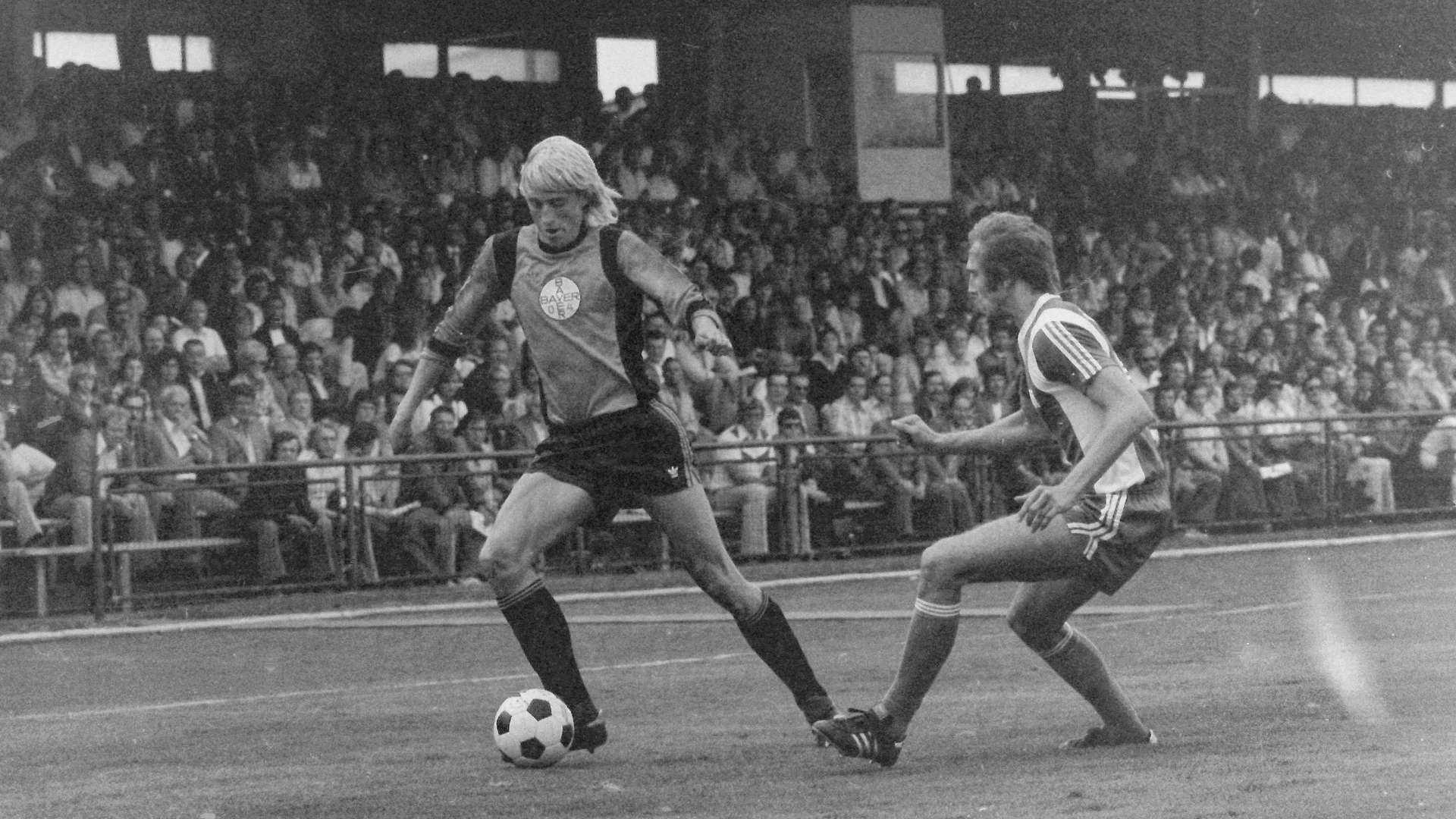

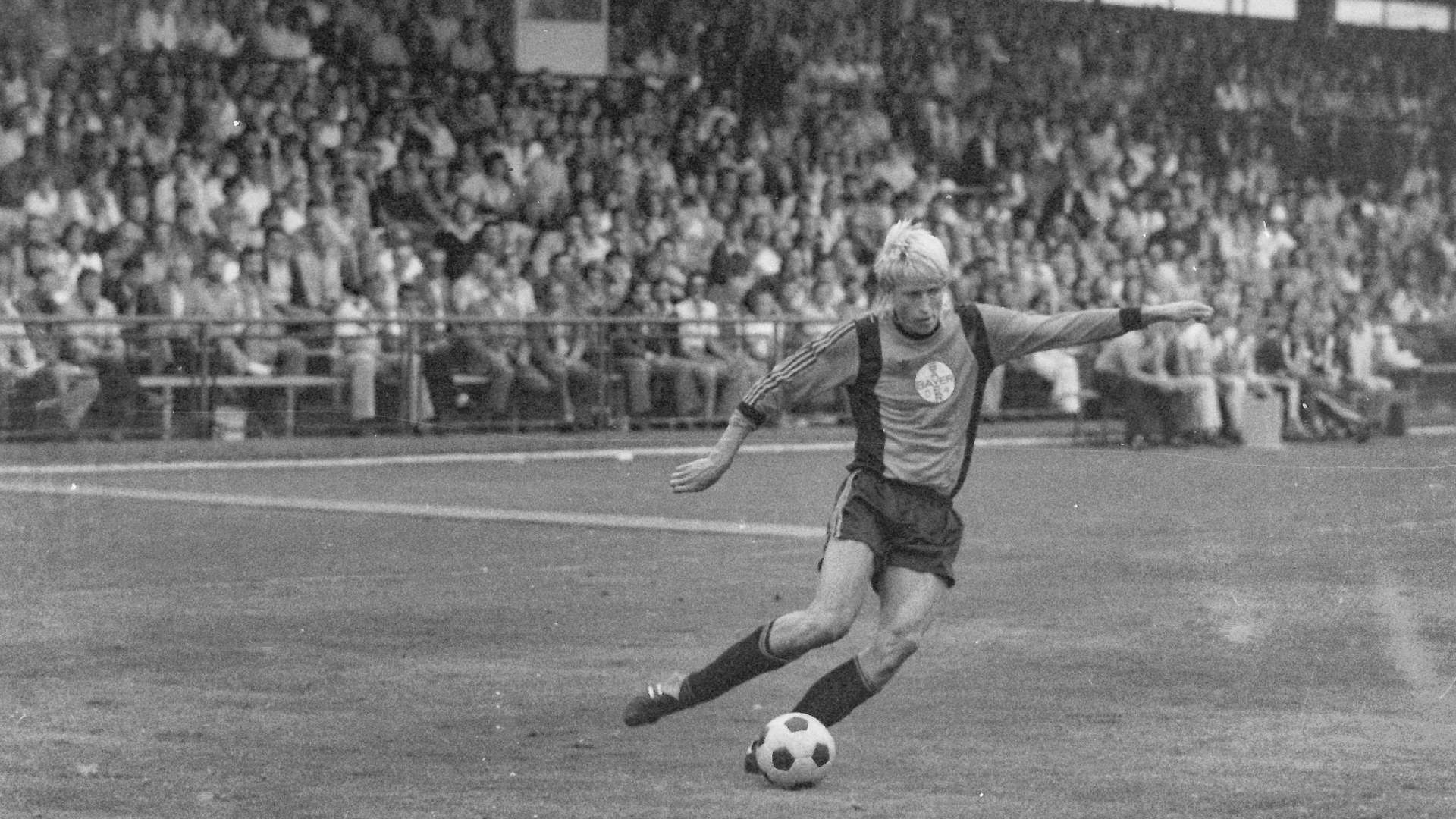
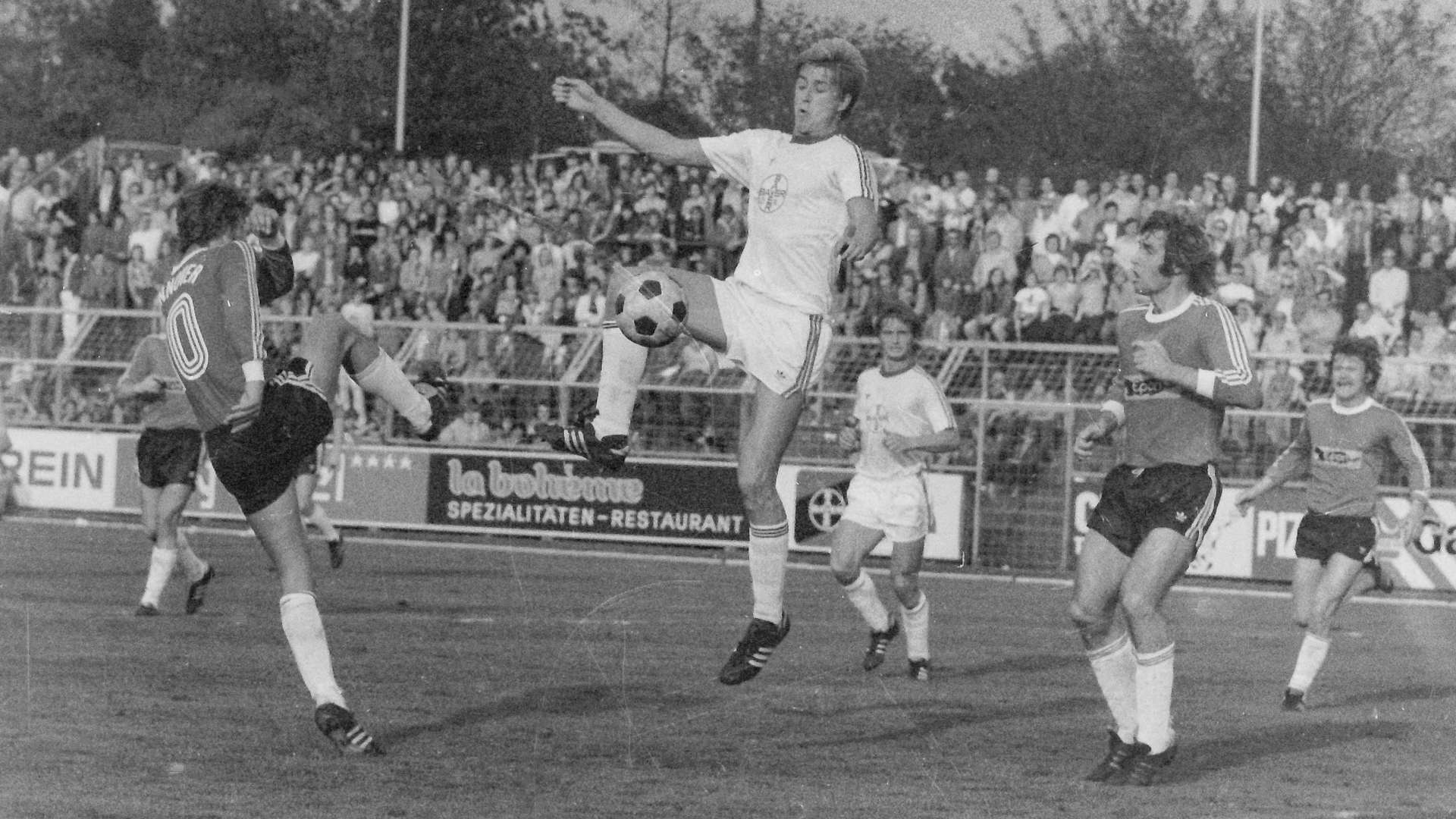
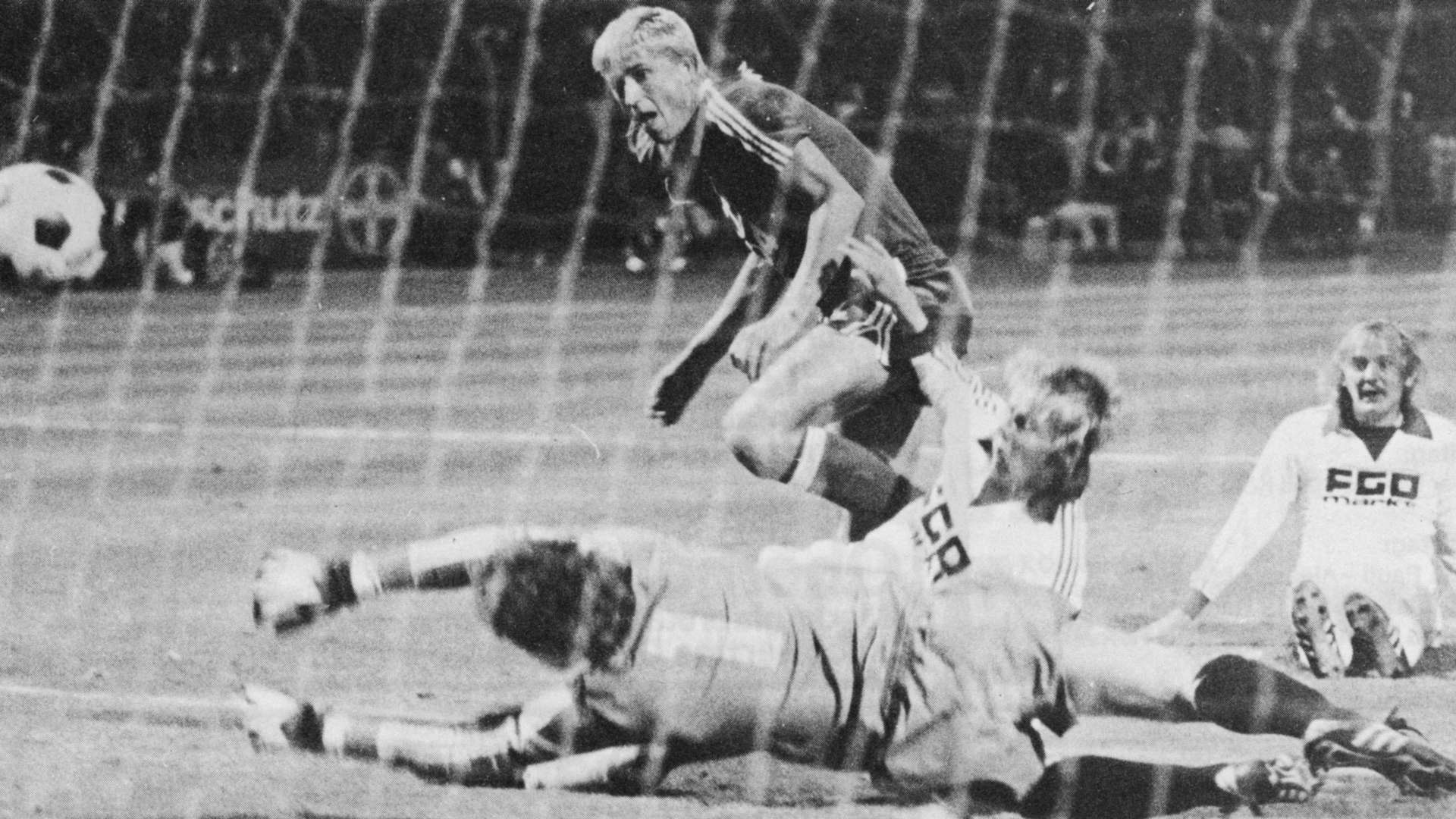
Seven years later in 1989, managing director Reiner Calmund brought him back to Bayer 04 Leverkusen. This time Ziegler was the head scout of the club. He is considered to be one of the pioneers in scouting and he worked with an internal database on computer. Norbert Ziegler played a large part in the following years in the signing of players like Ulf Kirsten, Jorginho, Lucio, Ze Roberto, Simon Rolfes, Stefan Kießling and Lars Bender, to name just a few. He had a burnout in November 2011 and retired in March 2012 at the age of 57.
Dear Norbert, I wish you many happy returns on your 70th. Stay fit and healthy and enjoy your birthday.
Related News

Legend: Christoph Daum - The man who taught us to want
Christoph Daum was born on 24 October 1953 in Zwickau. As a child, he moved to West Germany with his mother and grew up in Duisburg. He developed a great enthusiasm for football at an early age, even though it soon became clear that his future lay less on the pitch than on the sidelines. Even at a young age, his passion for analysing, explaining and improving things became apparent.
Show more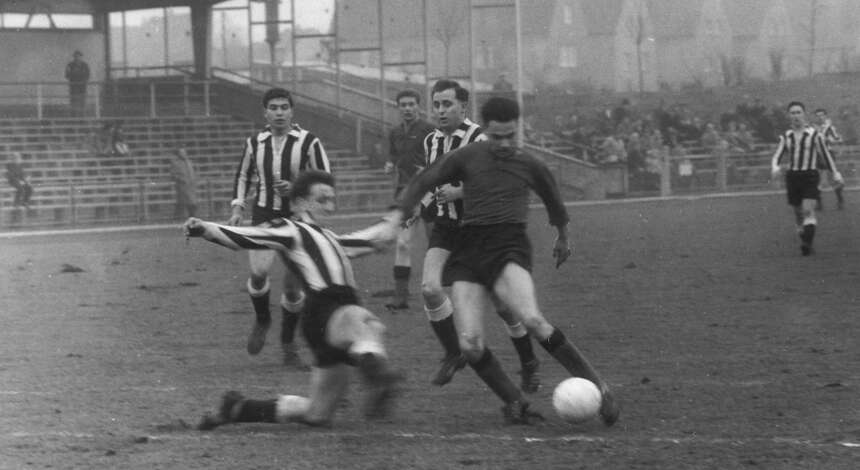
From the archives: 65 years ago - Another victory at last
When the Bayer 04 players celebrated Christmas in 1960, they spent the winter in second place in the Oberliga West 2 on 20 points - but already five points behind leaders Schwarz-Weiß Essen. However, coach Erich Garske's team are struggling to get back on track in the new year. A goalless draw against Bonner FV at home at the Ulrich Haberland Stadium was followed by a 2-1 away defeat in Erkenschwick. The following home game also yielded just one point. As a result, the team's promotion ambitions dwindled to a minimum, as the gap to the coveted spot has now grown to a challenging ten points.
Show more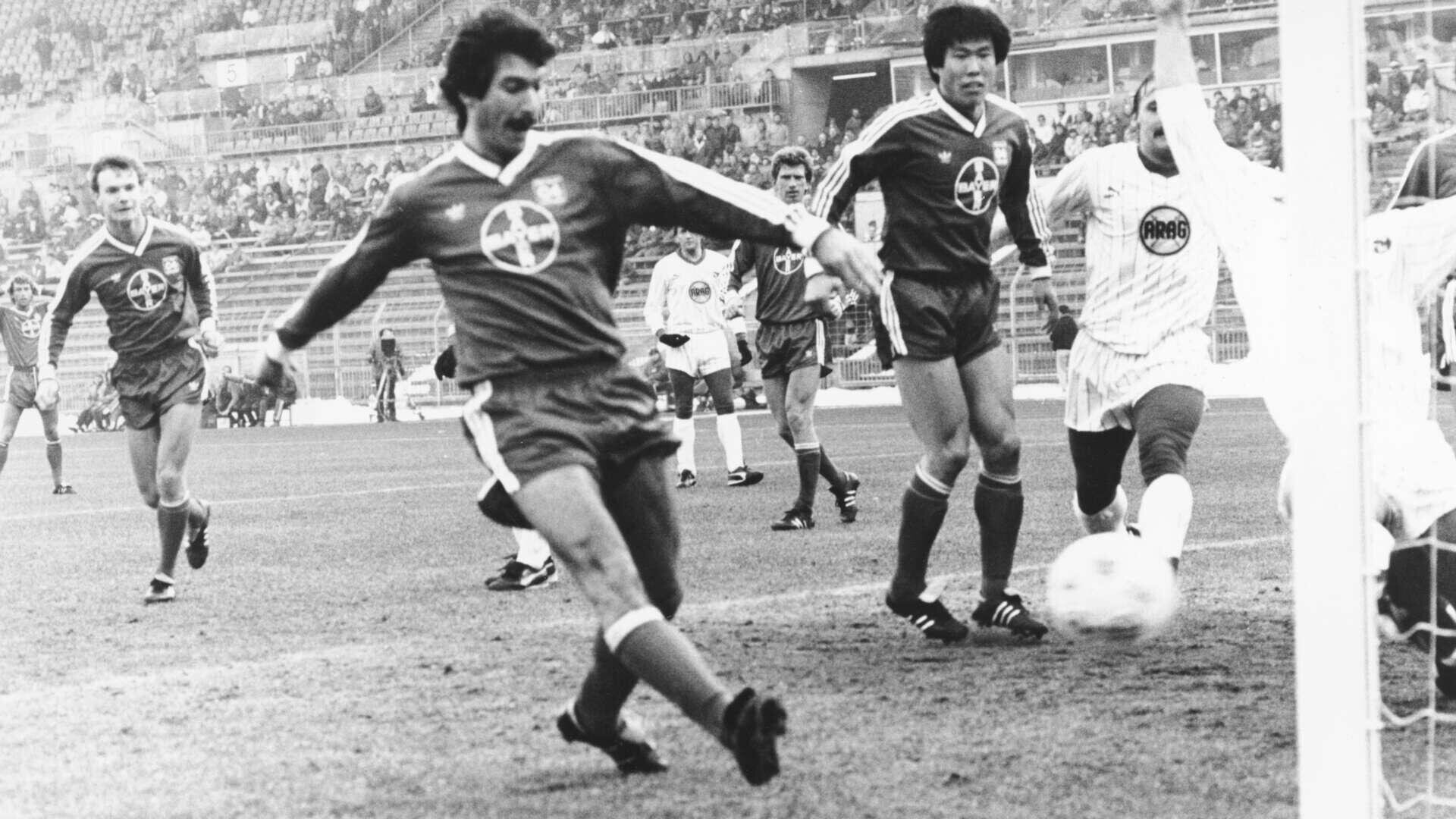
Goals of the month: From Waas to Tapsoba
In this video you can see impressive and important goals in Bayer 04 history from the month of February. It's not always about the beauty of the goals, but also a reminder of special games and players.
Show more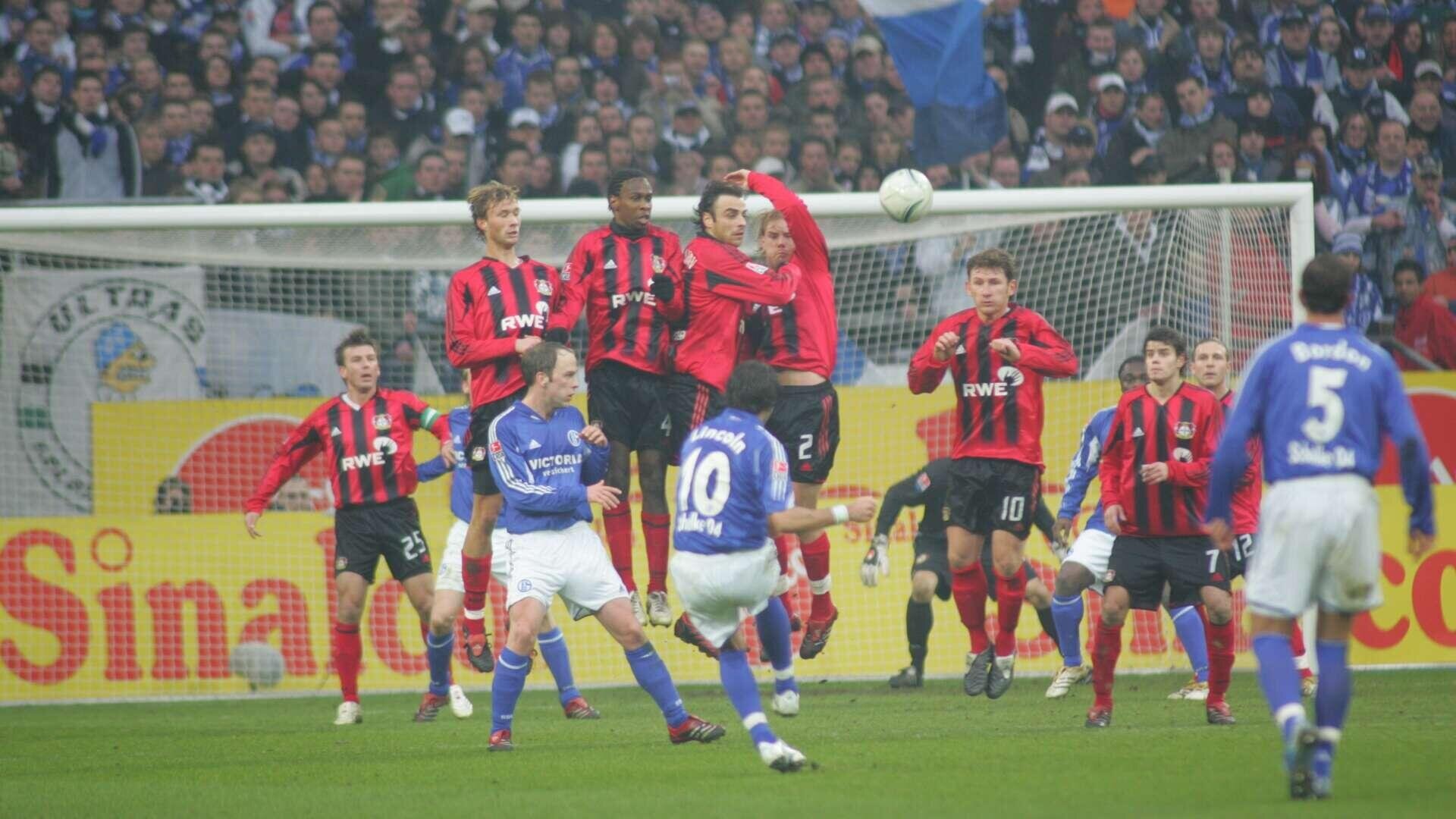
Match of the month: 20 years ago - A game of goals galore
It is 11 February 2006 and Schalke 04 and the Werkself kick off at 3.30 p.m. in a match that ends up being historic - at least from a Bayer 04 perspective.
Show more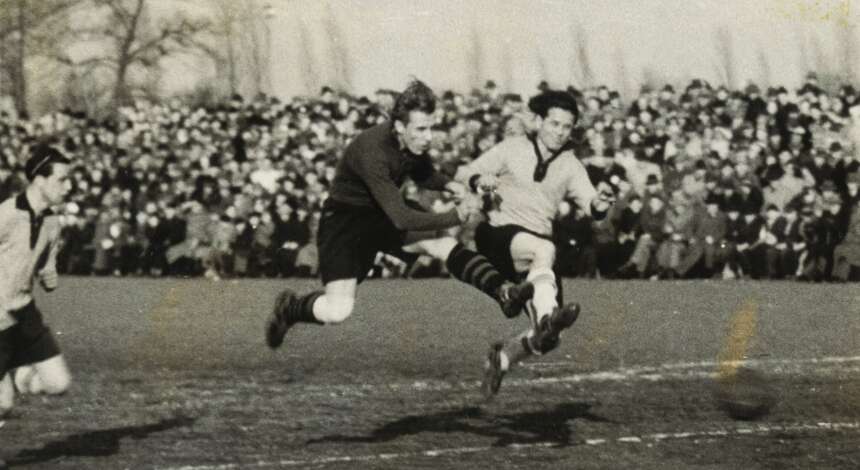
History: 75 years ago - The 1950/51 season (February)
As league leaders, the Werkself welcomed the relegation-threatened team from Rhenania Würselen. On 4 February 1951, 5,000 spectators line the touchlines despite the Sunday carnival parades. And they see a home team that is superior on the pitch. Without Theo Kirchberg, who was ill, and Emil Becks, who was suspended, the hosts attacked the opposing goal from the start. Battling against a strong wind in the first half, Bayer 04 created chance after chance, but were repeatedly thwarted by the Würselen goalkeeper. With the score at 0-0 at half-time, Karl Heinz Spikofski tried his luck on 55 minutes and hammered the ball into the opposition net from 20 metres out. Rhenania can no longer counterattack. The siege of the Würselen penalty area continued right to the end, but the game ended in a narrow 1-0 win.
Show more